 CHE GUEVARA READER
CHE GUEVARA READER
books by Che Guevara
These books form part of a series published by Ocean Press and the
Che Guevara Studies Center, Havana, with the objective of disseminating the works and
ideas of Che Guevara. By presenting Che in his own words, the series hopes to contribute
to a better understanding of Ches thought, allowing the reader to delve into his cultural
depth, his incisiveness, his irony, his passion and his astute observations,
that is to say, the living Che.
Self-Portrait
A Photographic and Literary Memoir
The Motorcycle Diaries
Notes on a Latin American Journey
Reminiscences of the Cuban Revolutionary War
Authorized Edition
The Bolivian Diary
Authorized Edition
Che Guevara Reader
Writings on Politics and Revolution
Latin America
Awakening of a Continent
Global Justice
Liberation and Socialism
Guerrilla Warfare
Authorized Edition
Our America and Theirs
Kennedys Alliance for Progress
Critical Notes on Political Economy
A Revolutionary Humanist Approach to Political Economy
Socialism and Humanity in Cuba
A Classic Edition
 CHE GUEVARA READER
CHE GUEVARA READER 
SECOND, EXPANDED EDITION
edited by David Deutschmann


| Ocean Press
www.oceanbooks.com.au |
Cover design by David Spratt
Copyright 2003 Ocean Press
Copyright 2003 Aleida March
Copyright 2003 Che Guevara Studies Center, Havana
All rights reserved. No part of this publication may be reproduced, stored in a retrieval system or transmitted in any form or by any means, electronic, mechanical, photocopying, recording or otherwise, without the prior permission of the publisher.
ISBN 978-1-921700-85-9
Library of Congress Catalog Card No: 2003102876
Second edition 2003
Fourth printing 2007
Available from Ocean Sur in Spanish as Che Guevara Presente, ISBN 978-1-876175-93-1
PUBLISHED BY OCEAN PRESS
PO Box 1015, North Melbourne, Victoria 3051, Australia
E-mail:
OCEAN PRESS TRADE DISTRIBUTORS
United States: Consortium Book Sales and Distribution
Tel: 1-800-283 3572www.cbsd.com
Canada: Publishers Group Canada
Tel: 1-800-663 5714E-mail:
Australia and New Zealand: Palgrave Macmillan
Tel: 1-300-135 113E-mail:
UK and Europe: Turnaround Publisher Services
Tel: (44) 020-8829 3000E-mail:
Cuba and Latin America: Ocean Sur
E-mail:

| www.oceanbooks.com.au
|

CONTENTS

We are realists...
We dream the impossible
Che Guevara
Ernesto Guevara de la Serna was born in Rosario, Argentina on June 14, 1928. As a medical student in Buenos Aires and after earning his degree as doctor, he traveled throughout Latin America. Living in Guatemala during 1954 then under the elected government of Jacobo Arbenz he became involved in political activity there and was an eyewitness to the overthrow of that government in a CIA-organized military operation.
Forced to leave Guatemala under threat of death, Guevara went to Mexico City. There he linked up with exiled Cuban revolutionaries seeking to overthrow dictator Fulgencio Batista. In July 1955 he met Fidel Castro and immediately enlisted in the guerrilla expedition Castro was organizing. The Cubans nick-named him Che, a popular form of address in Argentina.
From November 25 to December 2, 1956, Guevara was part of the expedition that sailed to Cuba aboard the cabin cruiser Granma to begin the revolutionary armed struggle in the Sierra Maestra mountains. Originally the troop doctor, he became the first Rebel Army commander in July 1957.
In September 1958, Guevara and Camilo Cienfuegos each led guerrilla columns westward from the Sierra Maestra to the center of the island. Through fierce fighting they successfully extended the Rebel Armys operations to much of Cuba. At the end of December 1958, Guevara led the Rebel Army forces to victory in the battle of Santa Clara, one of the decisive engagements of the war.
Following the rebels victory on January 1, 1959, Guevara became a key leader of the new revolutionary government. In September 1959 he began serving as head of the Department of Industry of the National Institute of Agrarian Reform; in November 1959 he became President of the National Bank; and in February 1961 he became Minister of Industry. He was also a central leader of the political organization that in 1965 became the Communist Party of Cuba.
Guevara was a leading Cuban representative around the world, heading numerous delegations and speaking at the United Nations and other international forums.
In April 1965 Guevara left Cuba to participate directly in revolutionary struggles abroad. He spent several months in the Congo in Africa, returning to Cuba secretly in December 1965. In November 1966 he arrived in Bolivia where he led a guerrilla detachment fighting that countrys military dictatorship. Wounded and captured by U.S.-trained and supervised Bolivian counterinsurgency troops on October 8, 1967, he was murdered the following day.
T his expanded edition of a book first published in 1997 on the 30th anniversary of Che Guevaras death has a simple purpose: to make available to an English-reading audience a selection of articles, speeches and letters by Ernesto Che Guevara. It is not a biography nor a book of reminiscences by others it is Che Guevara in his own words.
In the almost four decades since his death, the worlds image of Che Guevara has become increasingly distorted and somewhat one-dimensional. The romanticized portrait known to many is that of the individual guerrilla fighter heroic to some, to others an adventurer. His organic connection to the Cuban revolution fades in this picture. His work side by side with Fidel Castro for nearly a decade; his contributions to Marxist theory; his efforts as a government minister in the first years of the new Cuba after the overthrow of the Batista dictatorship; his tireless labor grappling with the problems of guiding the economic development of a backward country besieged and attacked by U.S. imperialism; his championing the interests of the people of Asia, Africa and Latin America all this is missing from most popular portrayals of Che Guevara outside of Cuba.
This is reflected in the fact that for two decades or more after his death his writings were largely unavailable in English. Several collections of speeches by Che were published in the 1960s, but most were long out of print. The 30th anniversary of his death saw several new biographies and many commentaries on his life and death, but still few efforts to publish the ideas of Che himself, in his own words.
Next page

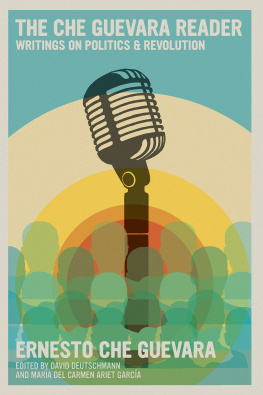
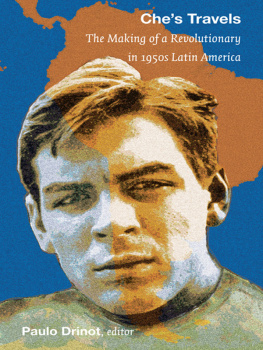
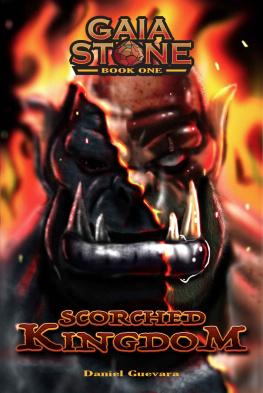
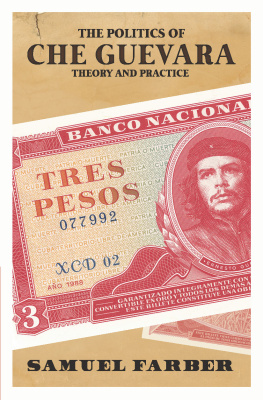
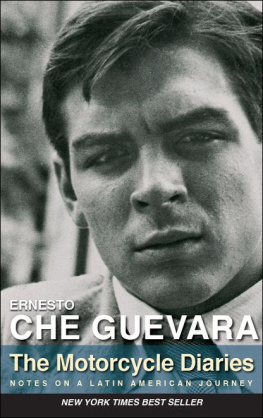
 CHE GUEVARA READER
CHE GUEVARA READER

